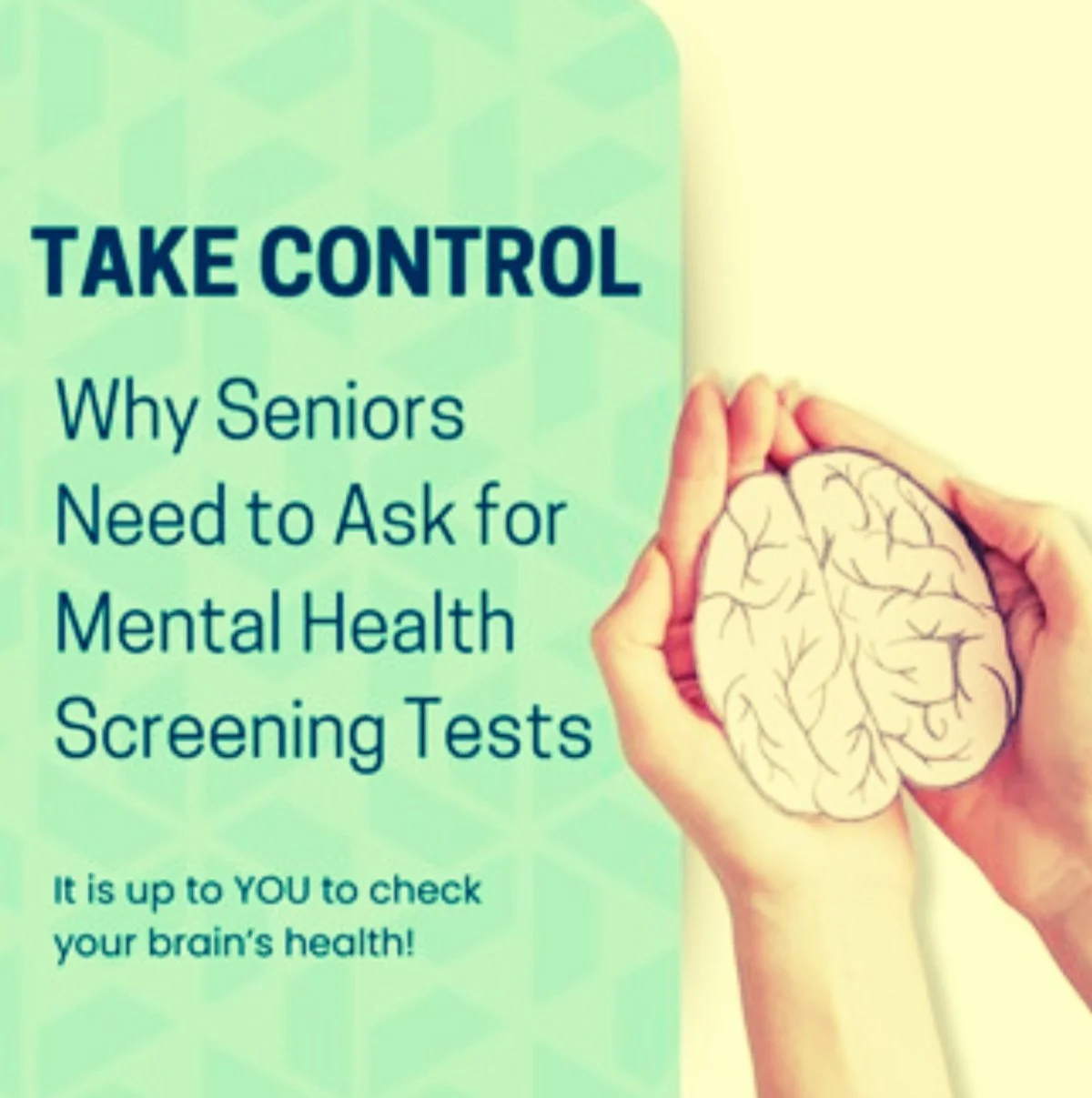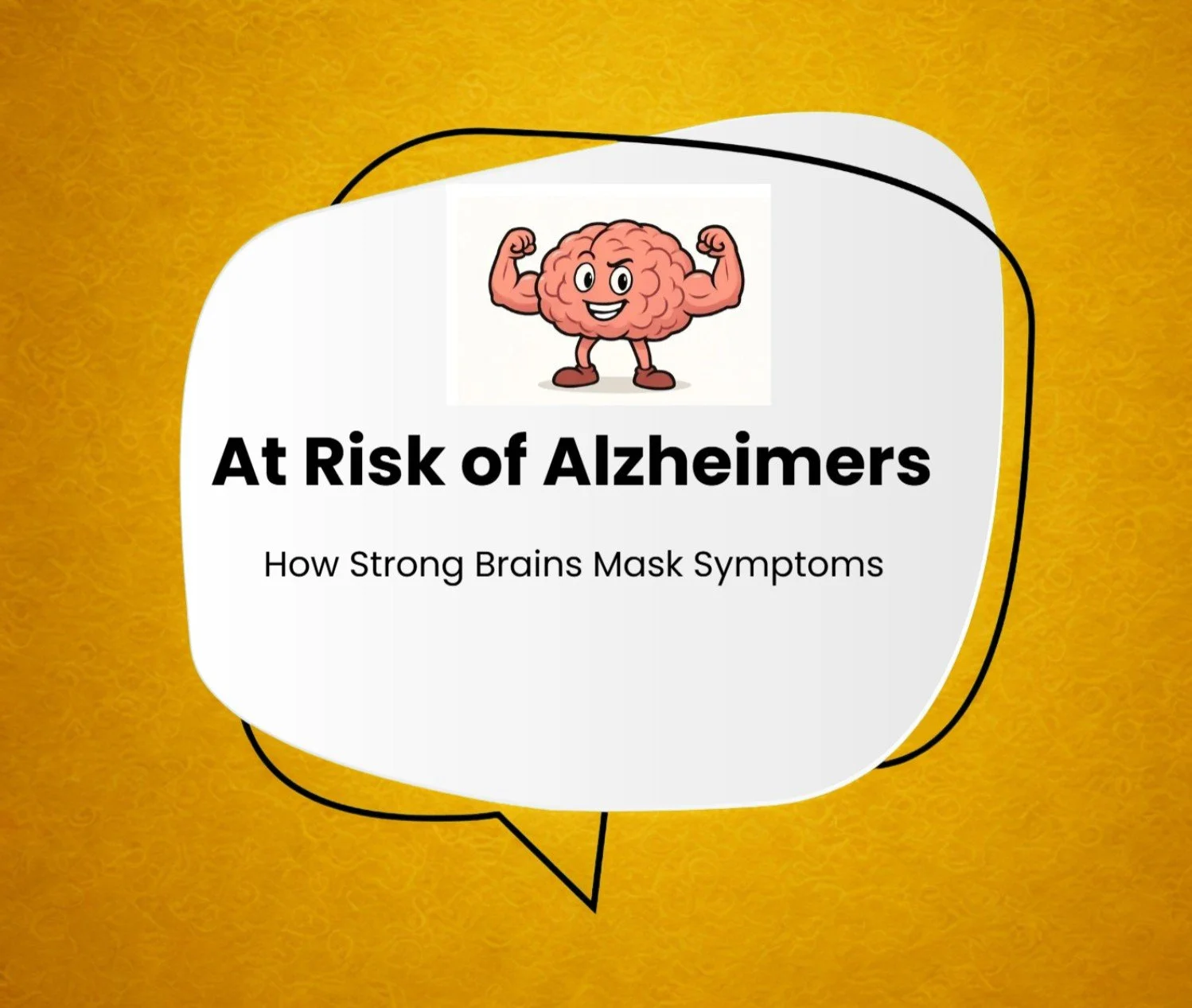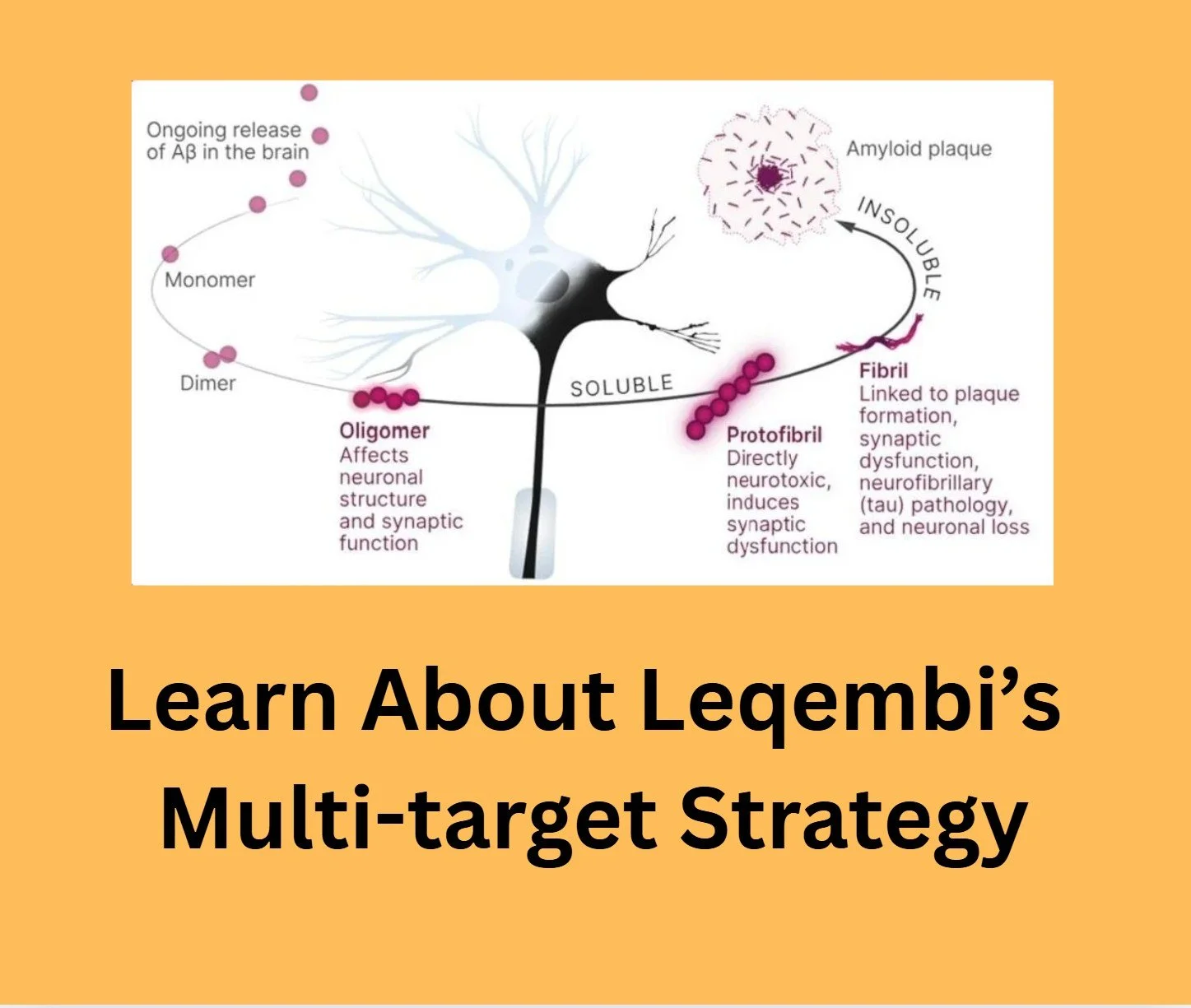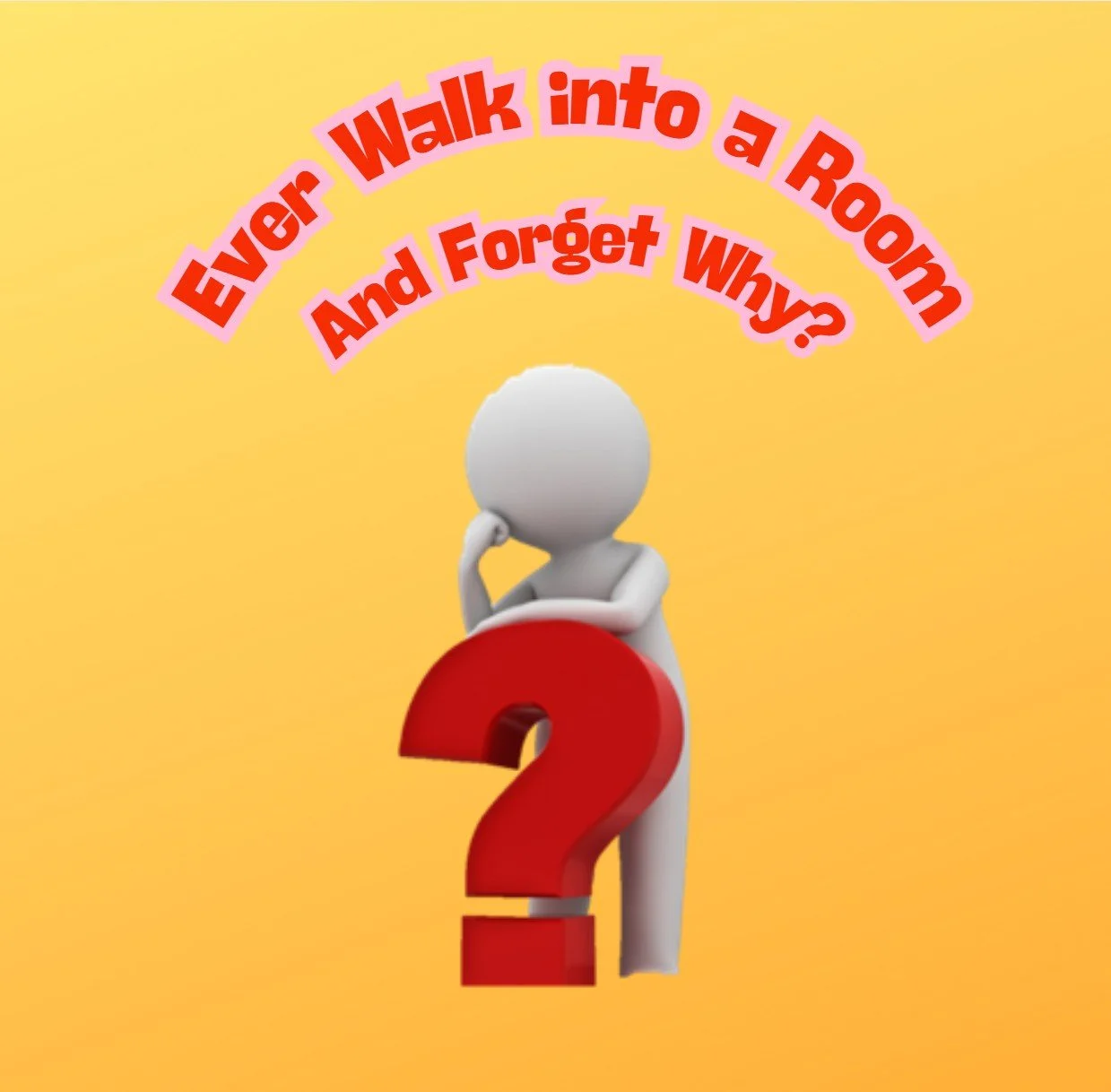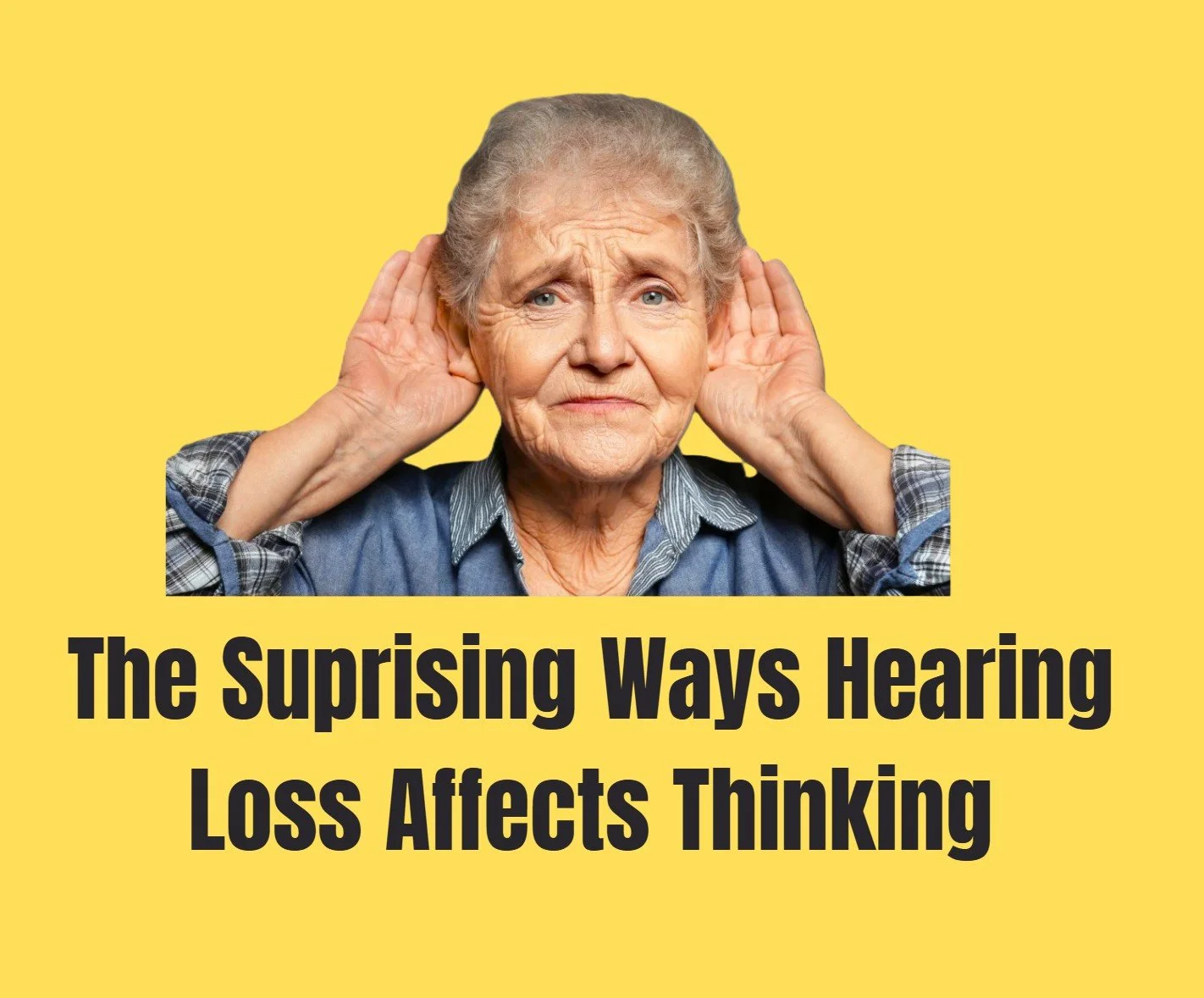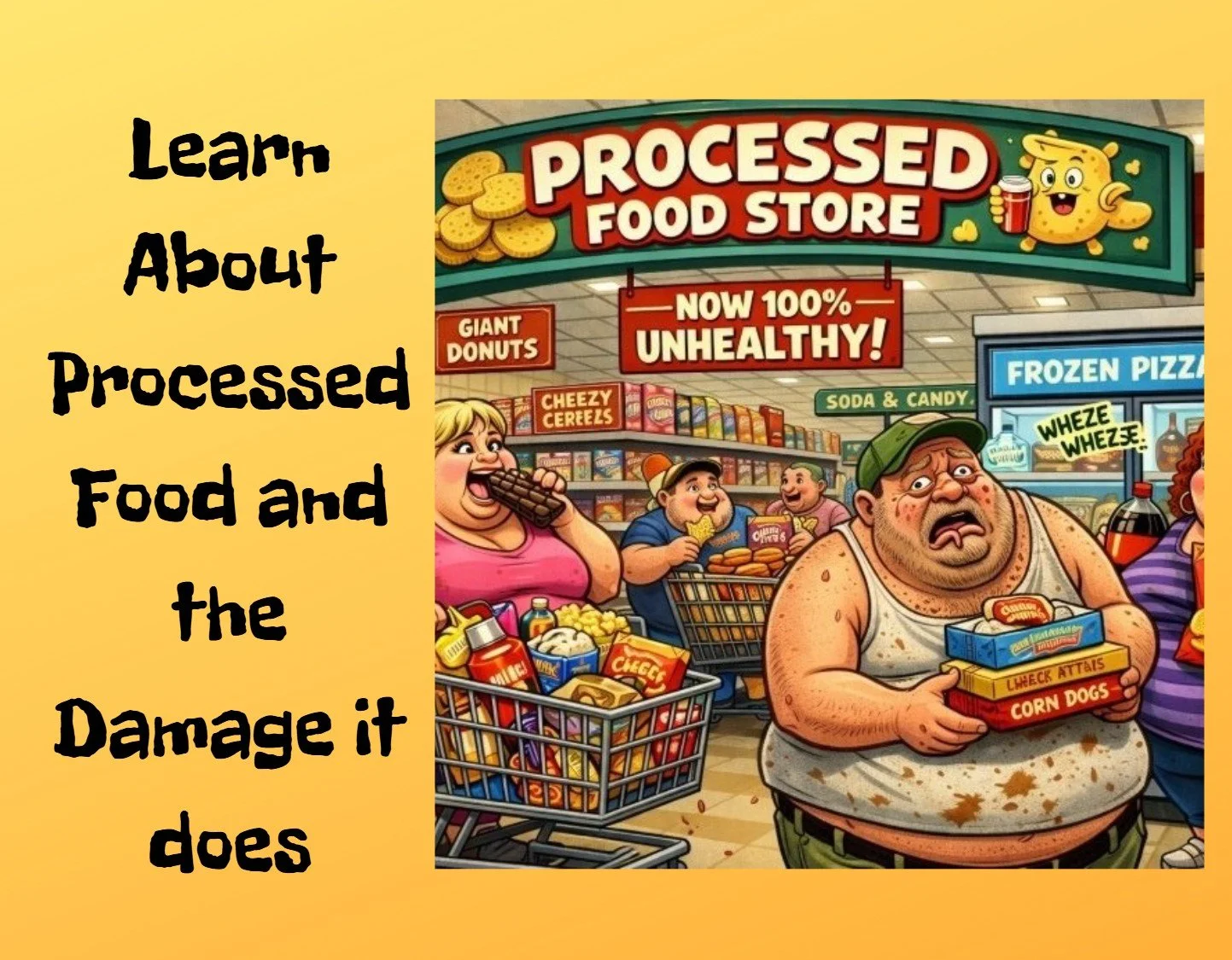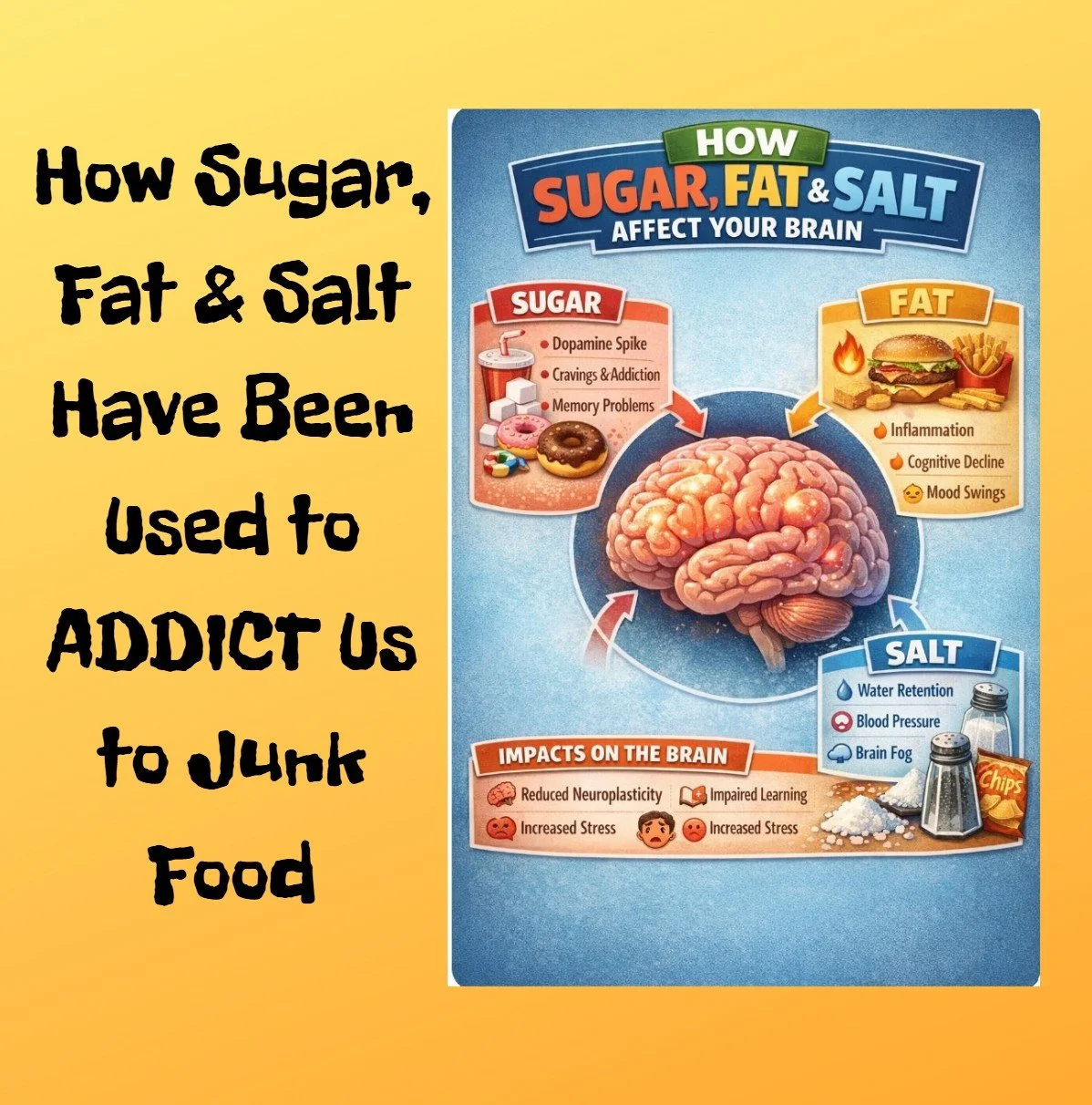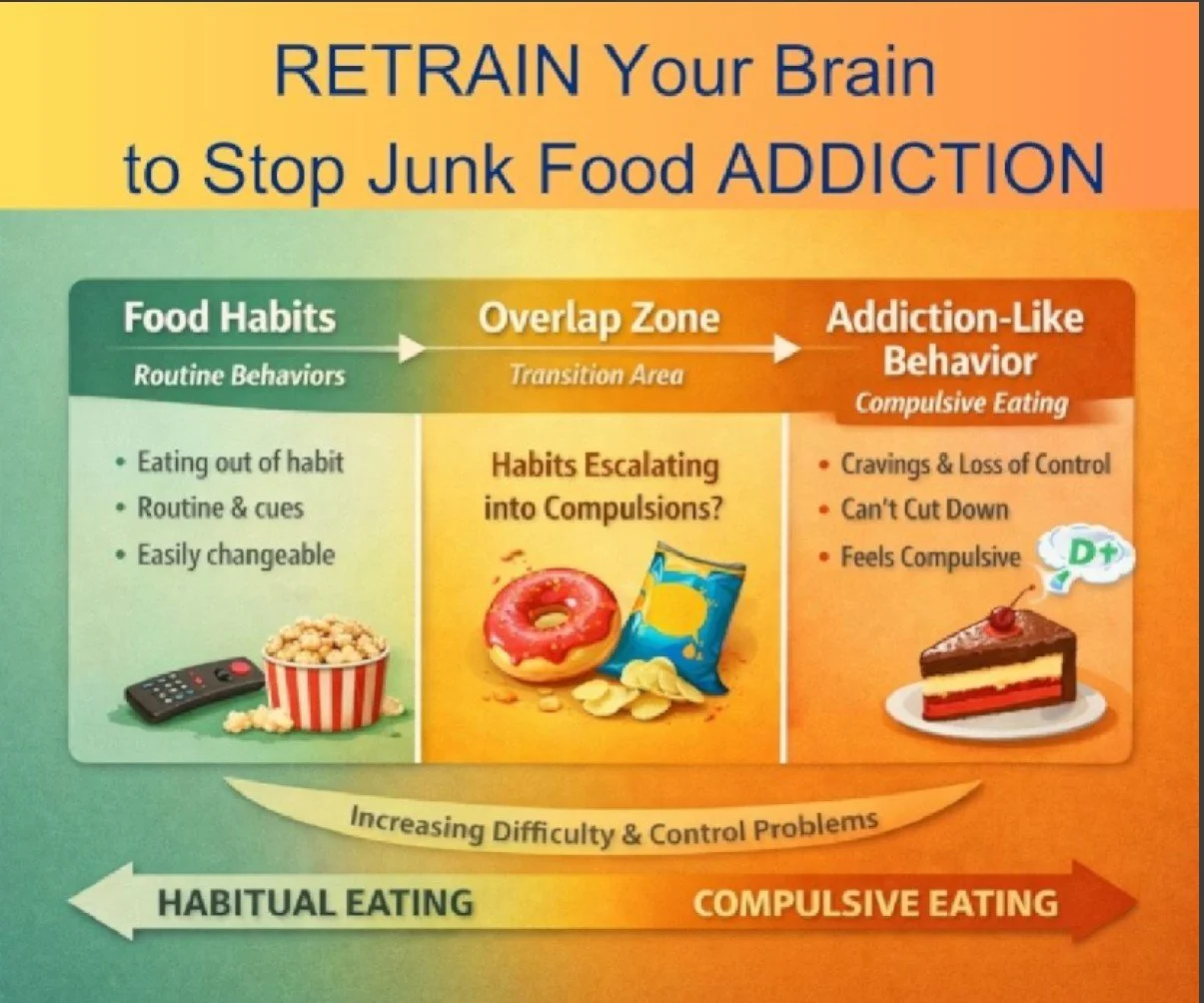We spend our lives scheduling physicals, blood tests, eye exams, and even dental cleanings, yet the most vital organ in our body, the brain, often goes unchecked. Imagine discovering years too late that something could have been done to delay Alzheimer’s, if only you had asked for a simple test.
If you've spent your life learning, problem-solving, and challenging your mind, you may have what's called high cognitive reserve. That's a wonderful gift. It means your brain can adapt and find workarounds when something isn't working right. But here's the catch: those same strengths can hide the early signs of Alzheimer's
Early detection opened a window of choice, and with it, the possibility of hope. Two new treatments, Leqembi and Kisunla, now offer a chance to slow Alzheimer’s progression for those in the early stages. Choosing between them felt like standing at a fork in the road; one that could shape how much of me I get to keep. This is the information I wish I had known at the time – July 2024.
Alzheimer’s begins with tiny toxic proteins that build into destructive plaques. Leqembi is proactive, it attaches at multiple points in this process, giving the brain a better chance to defend its neurons, preserve memory, and protect identity.
Ever walk into a room and suddenly have no idea why. I used to think it was just “normal aging,” but my Alzheimer’s journey has taught me there’s a lot more behind these lapses than we realize. I learned during my transition to Leqembi maintenance, why processing speed matters, and the simple workarounds that are helping me stay independent. If you’ve experienced these moments yourself, or love someone who does, I hope you’ll read on. It might give you the clarity and hope you didn’t know you needed.
Hearing loss is not just inconvenient, it effects how we think and exacerbates cognitive decline and Alzheimer’s progression. Hearing is one of the marvelous gifts all animals are born with. For humans it’s not just about what we hear but how those sounds instantaneously move to many parts of our brains enabling us to detect danger, identify words and their meaning, relate the sounds to memories, identify voices, determine emotions of the speaker and power our executive function. Sound travels to many areas in our brains that enable us to think and react.
Processed food did not spread because people became weak. It spread because it was engineered to win. In less than a century, food shifted from nourishment shaped by nature to a product designed for profit, shelf life, and repeat consumption. This transformation didn’t just change what we eat, it altered human biology, disrupted appetite regulation, and rewired the brain’s reward system. Understanding how processed foods were born reveals why obesity, chronic disease, and compulsive eating are no longer exceptions, but the norm.
What if our struggle with junk food isn’t a failure of willpower, but the result of brains that have been quietly rewired? Let’s explore how sugar, fat, and salt are engineered to hijack our brain’s reward systems,much like addictive substances, driving cravings, weakening self-control, and increasing our risk for chronic disease and even dementia. If you’ve ever wondered why knowing better doesn’t always lead to eating better, this piece uncovers the neuroscience behind our food choices,and why understanding it may be the first step toward protecting both body and brain.
If you’ve ever told yourself, “I just don’t have enough willpower,” this article may completely change the way you see your cravings. What if the problem isn’t discipline, but dopamine? In Retrain Your Brain to Stop Junk Food Cravings, I break down the neuroscience behind compulsive eating and offer a clear, step-by-step framework to rewire automatic habits rooted in sugar, fat, and salt. This isn’t about restriction or perfection, it’s about engaging the part of your brain that can change. If you’re ready to understand why cravings feel so powerful, and how to weaken them, this is where to start.
We all know the painful truth about this disease, the gradual loss of mental clarity while the body remains largely intact. But being diagnosed, difficult as it is, also offers a rare opportunity: a glimpse into what may lie ahead, and a chance to prepare for it. It’s not a pleasant picture, but there are steps we can take now to make things easier for ourselves and for those who will one day care for us. In fact, many of these same steps are valuable for anyone over seventy who has begun to shift their gaze from building a future to managing how that future unfolds.

